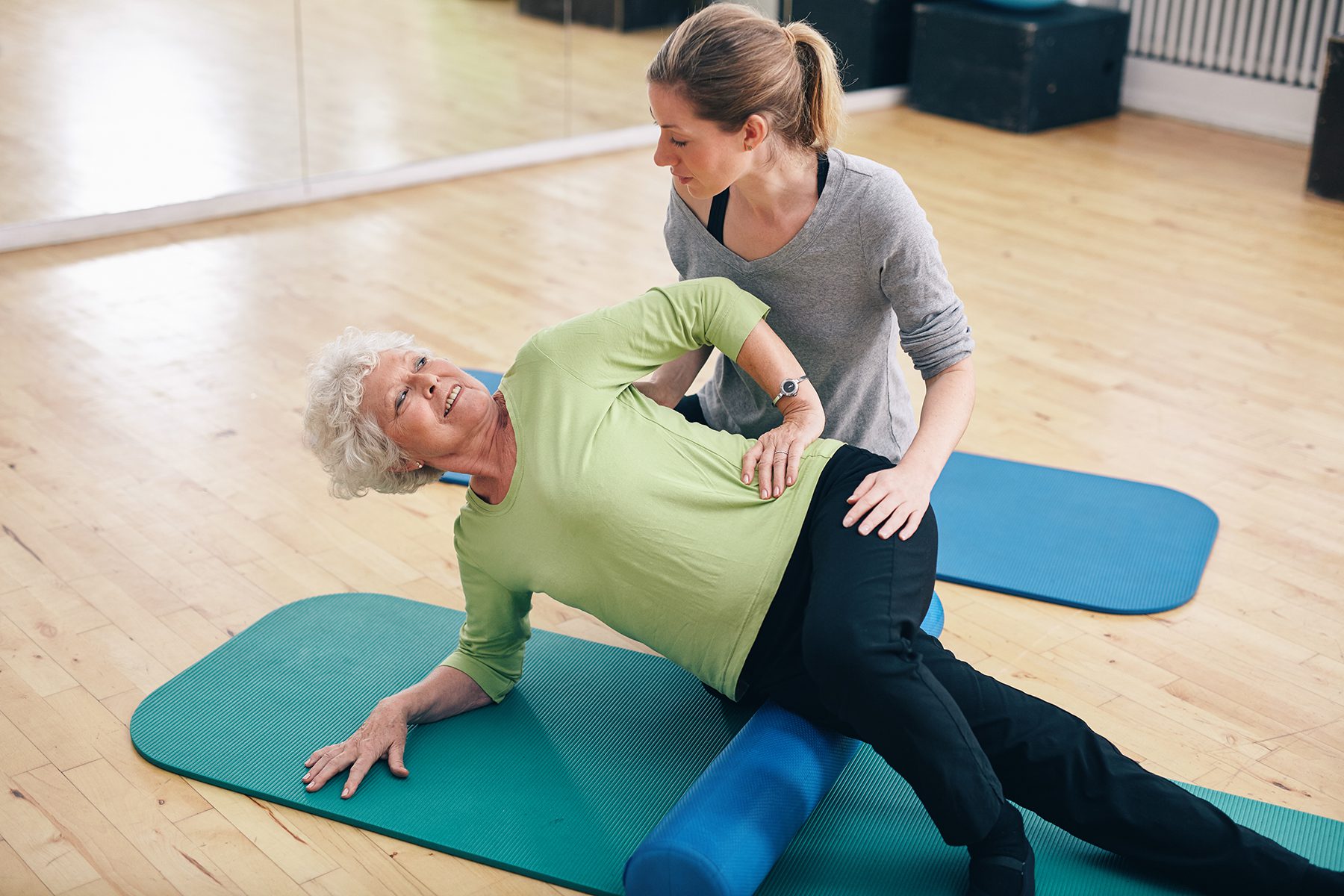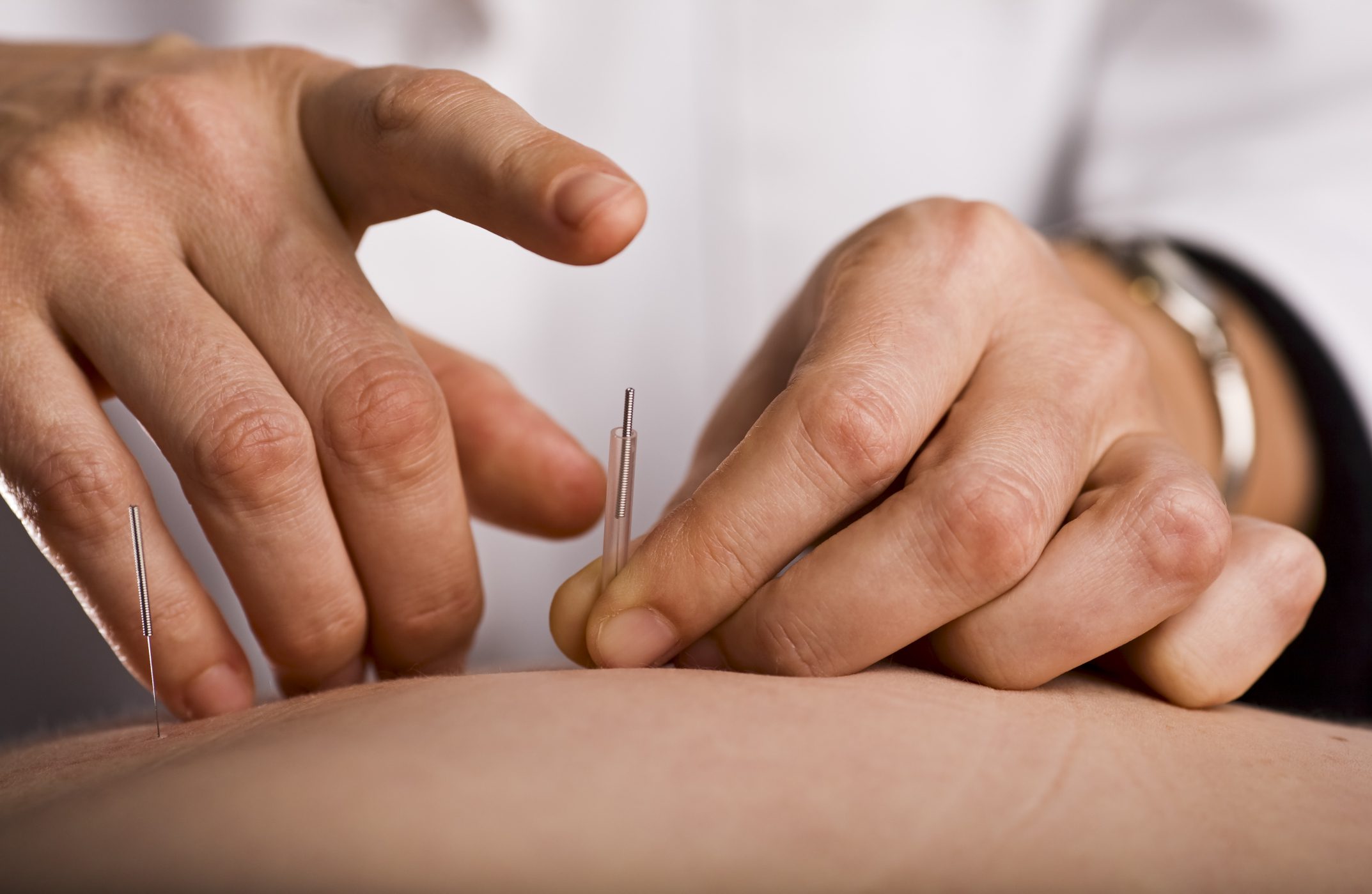Should I Stop Working Out with My Pain?
Movement is medicine, but you also have to listen to your body. Our rule of thumb is stop if you are experiencing sharp pain or increasing pain. The advantages of building muscle strength are well-documented for overall physical and mental health. Whatever your age, exercises to build strength help to maintain bone density, prevent chronic disease, and boost metabolism. Whether you run, lift weights or like to whack a tennis ball, there is a line between normal muscle soreness and bad pain. For muscle strength to increase, muscles must be stressed. This is what many call “feeling the burn.” It usually lasts a few days and can be accompanied by some fatigue.
On the other hand, sharp pain, swelling, painful pops, pain that gets worse over time, skin discoloration and excessive, days-long fatigue are not normal. If your muscles, tendons, ligaments, cartilage and bones are stressed too quickly or excessively, permanent damage could occur. When tendons are overly stressed, tendinitis can result. When bones are stressed too quickly, as some marathoners can attest to, stress fractures can develop. Cartilage, on the other hand, wears out as we age. It can cause irritation and swelling in joints. Each of these stressors can result in long-lasting pain.
If you exercise correctly and follow a few rules, you can keep stress injuries at bay.
- Always warm up with stretches or low-intensity exercises before physical activity. Warmups raise your body temperature and increase blood flow to muscles. This reduces muscle soreness and lessens the risk of injury.
- Use proper form. Work with a trainer or search YouTube for guidance to learn correct stances and techniques.
- Start slowly. Gradually increase your intensity and don’t overdo it right out of the gate. Don’t go too fast, exercise too long or do only one type of exercise. Keep the following in mind: Whatever amount of exercise you think you can do, cut it by one third the first few times you do it.
- Pace yourself and avoid becoming a weekend warrior. Don’t do an entire week’s workout within a two-day span.
- Stay hydrated. Water speeds up recovery time, removes toxins from the body, and keeps muscles in proper working order.






